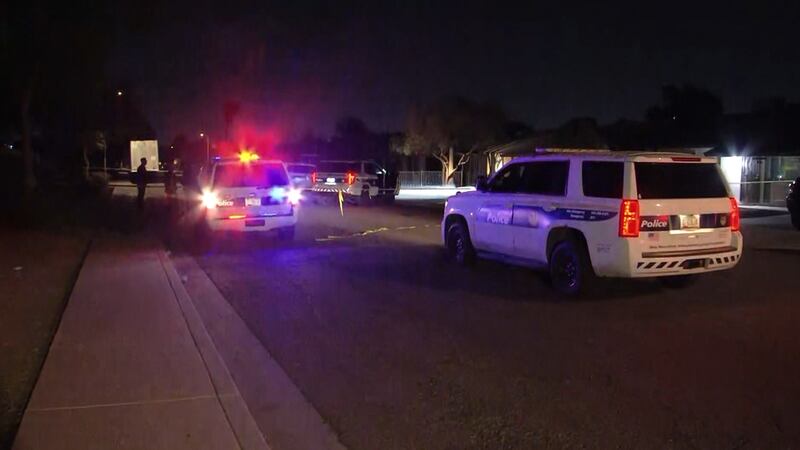New dashboard tracks violent death investigations across Arizona
PHOENIX (AZFamily) — For the first time, a violent crime dashboard to track death investigations across the state now exists thanks to a research team at ASU.
The goal is for police chiefs, medical examiners, journalists, and the public to better understand the scope of these investigations, especially homicides.
The creators are already seeing some trends.
It’s a new online tool for the most comprehensive information on death investigations in Arizona, tailored to what you want to see.
But these aren’t just stats. They represent victims and people behind the scenes.
“After you read through a couple thousand pages, it’s going to hit home. These are real people that are experiencing real problems throughout their life,” said ASU School of Criminology and Criminal Justice professor Charles Katz.
Katz has led the work on this new Arizona Violent Death Reporting System dashboard, which is now up and running.
“We request information related to death investigation, autopsy, as well as toxicology reports,” said Katz.
Here’s just an example of what you can do. You can choose a manner of death, like homicide, and then narrow it down even further.
If you want to see trends for how many have happened in the state each year and who the victims are when it comes to race, sex and ethnicity.
Want to see what homicides have occurred in the city or county you live in? You can also search for that.
“It is very clear that we have hot spots related to homicide and suicide – both,” said Katz. “What we’re moving towards is trying to identify those communities, and then working with the stakeholders to make sure that those communities are receiving the resources that they need to prevent some of the gun violence,” said Katz.
He said their team of researchers and ASU students have to go through an extensive process to get the data to the dashboard.
They start by getting data from the state, then go to medical examiner’s offices across our counties to verify deaths, then take that to police agencies to get case reports and details. They then send that to a portal with the CDC and eventually get back info to share on the dashboard.
“We do think it’s important more people start to learn about some of these things,” said Katz.
Professor Katz said the information on the dashboard currently covers 2015 to 2022, but as they continue developing this technology, they hope to have data as close to real-time as possible.
He also said many of the students who have helped work on this in their criminology program have gone on to have careers in law enforcement.
See a spelling or grammatical error in our story? Please click here to report it.
Do you have a photo or video of a breaking news story? Send it to us here with a brief description.
Copyright 2024 KTVK/KPHO. All rights reserved.










